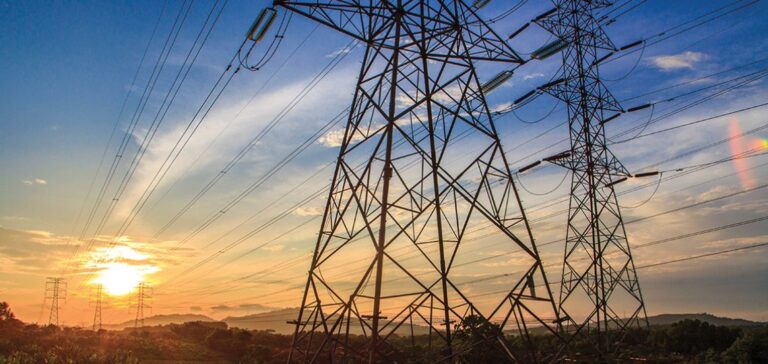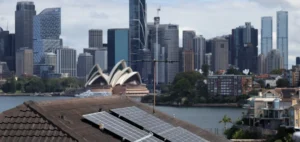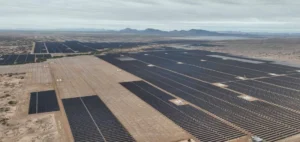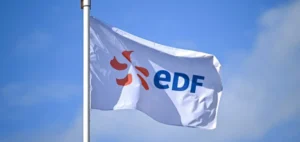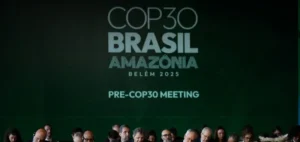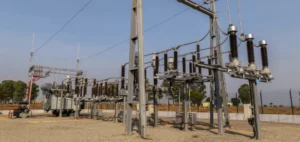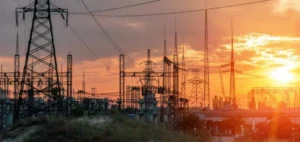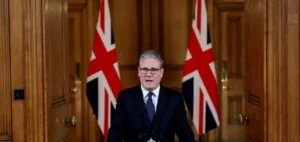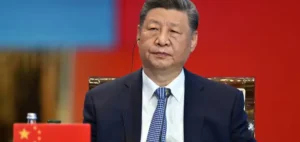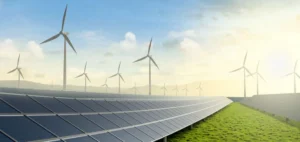The Ten-Year Power System Development Plan (SDDR) presented by RTE in 2019 highlights the many challenges facing France. The French power grid is facing a dual challenge: resolving the problem of aging infrastructure and supporting the country’s energy transition. However, government directives, such as the revival of nuclear power and the acceleration of renewable energies, require a complete modernization of the network to adapt to new requirements.
Investments and Major Projects
France is far from being the only country to embark on such projects. Many European countries have already taken this route. For example, Germany is extending and modernizing its power grid by 2034, and in the Netherlands, the Dutch company TenneT has announced major plans to do the same.
With a projected budget of 100 billion euros, France’s planned investments encompass a wide range of projects scheduled for completion by 2040. From the modernization of aging infrastructures to the integration of new industries, via “unprecedented” connections and the reinforcement of the extra-high voltage network before 2030, France is likely to be preparing for a major energy transformation.
Adapting to new challenges
Climate change and aging infrastructure are major challenges. More than 20% of airlines have already reached the venerable age of 70, requiring an urgent renewal program. What’s more, resistance to physical and cyber attacks is becoming a top priority in an interconnected world that is increasingly vulnerable to cyber threats.
Call to Action
RTE stresses the importance of close collaboration between industrial and energy players to make this transition a success. A solid industrial plan is needed to reinforce European production capacity, particularly in France, to meet equipment requirements. Open until April 30, a consultation is currently underway, aimed in particular at manufacturers and local authorities, with the aim of gathering their opinions and encouraging a collaborative, concerted approach to meeting the challenges of the future.
Modernizing France’s power grid represents a colossal challenge, but also an opportunity to rethink the country’s approach to energy and make it more resilient in its use of energy. The massive investments planned testify to the country’s commitment to guaranteeing a robust power grid that meets tomorrow’s requirements.


